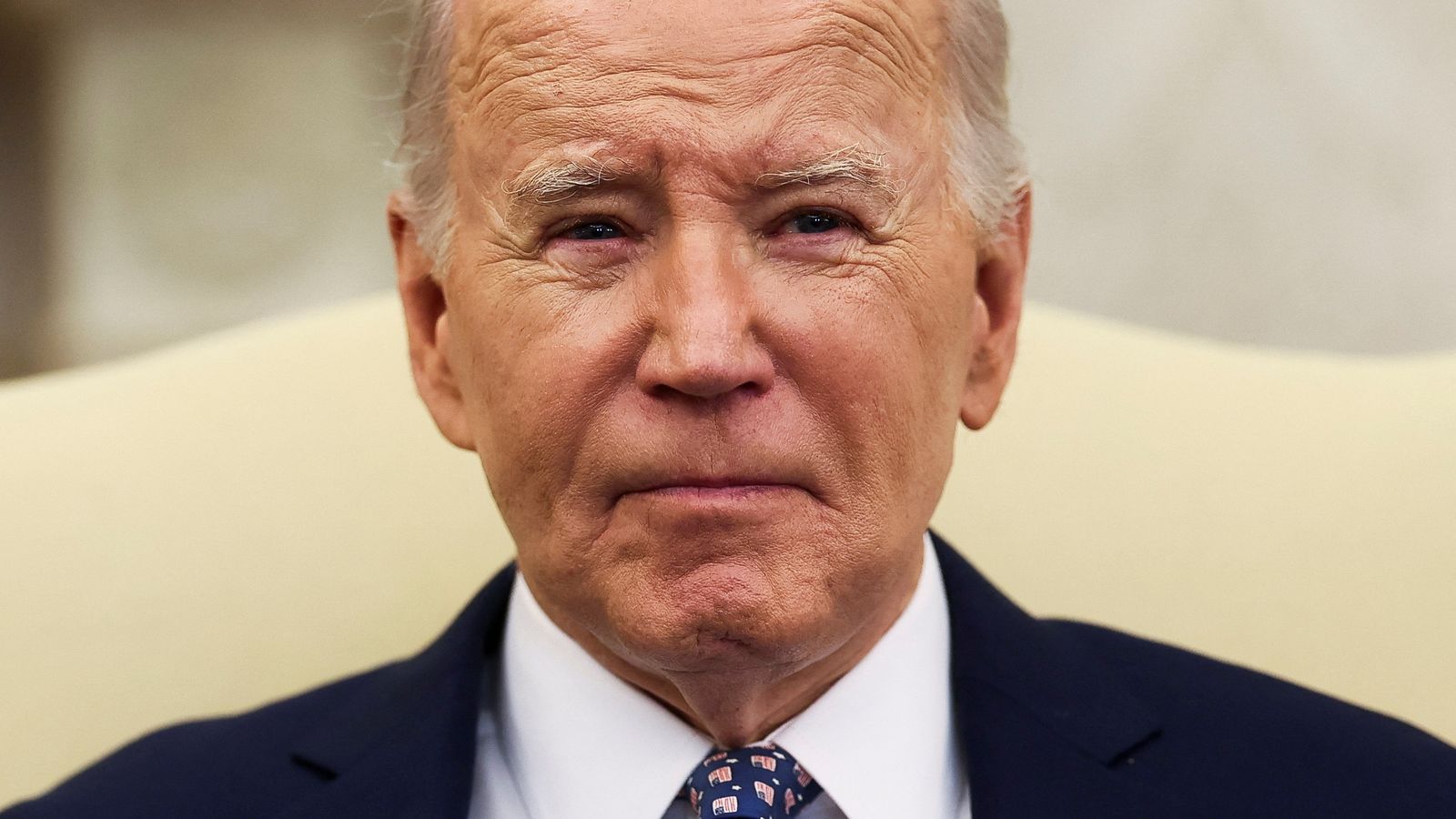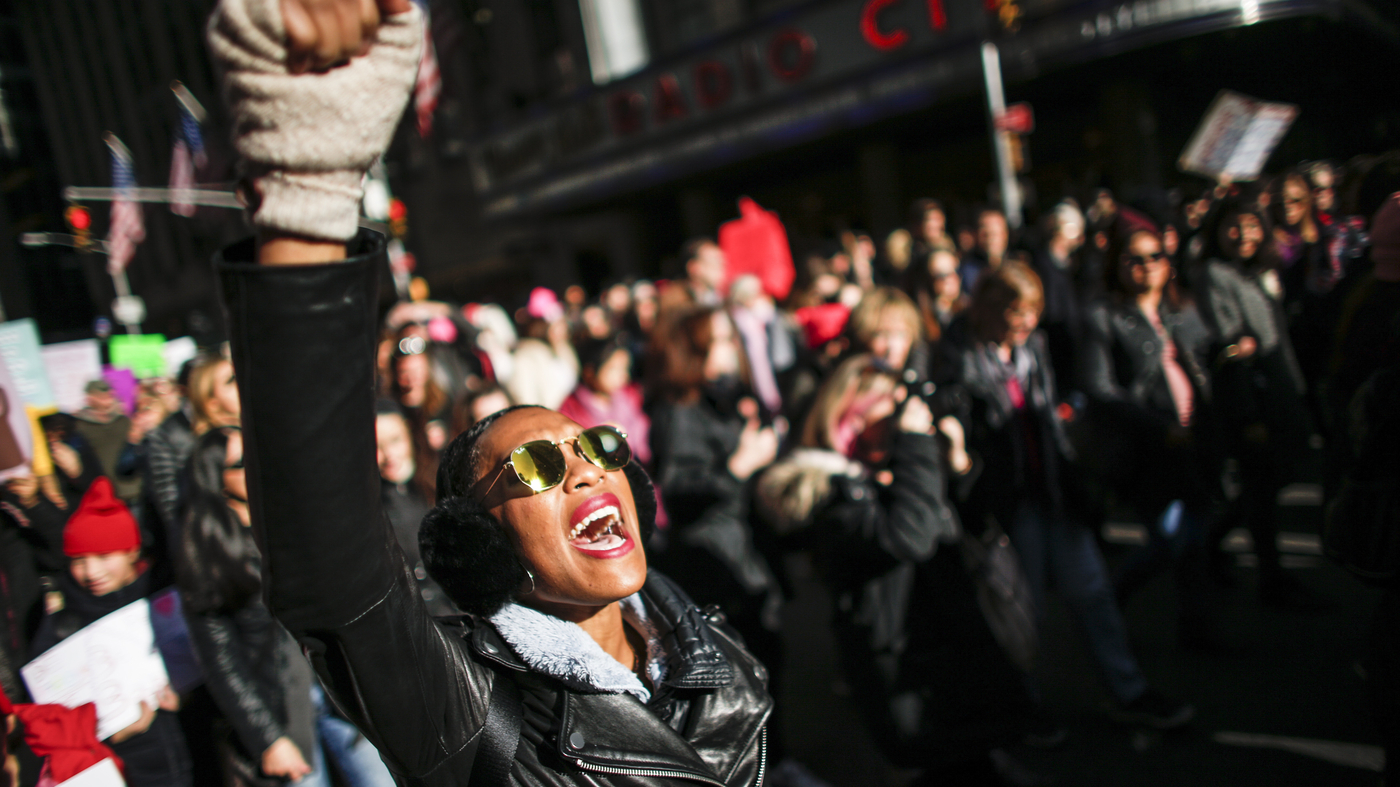Democrats Under Fire: Anger At Town Halls & Voter Backlash
Are American politicians facing a crisis of confidence? Recent events across the nation suggest a resounding "yes," with town halls morphing into arenas of intense public frustration and demands for accountability.
Across the United States, a palpable sense of unease and discontent is taking hold. The political landscape, once defined by established norms and predictable alliances, is now marked by a volatile mix of anger, skepticism, and a deep-seated distrust of the political establishment. This week, the temperature in the political arena has been especially high, with town hall meetings serving as the primary battlegrounds for expressing these frustrations. Constituents, fueled by a combination of economic anxieties, social concerns, and, in many cases, a visceral reaction to the actions of President Donald Trump, have unleashed a torrent of criticism and demands on their elected officials. This is not merely a partisan issue; both Democrats and Republicans are feeling the heat, albeit in different ways. From Arizona to Massachusetts, the narrative remains consistent: voters are angry, they are vocal, and they are demanding change.
The intensity of the backlash is undeniable. In Arizona and Georgia, the Democratic Party chairs were ousted, a clear indication of the electorate's dissatisfaction with the party's leadership and direction. Senate Minority Leader Chuck Schumer of New York found himself in the crosshairs of progressive activists, forced to postpone a book tour amidst calls for a primary challenge. These are not isolated incidents; they are symptoms of a larger trend, a growing chasm between the governed and their representatives.
The challenges facing lawmakers are multifaceted. For Democrats, the primary concern seems to be navigating the turbulent waters of the Trump presidency while simultaneously addressing the concerns of their own base. This balancing act has proven difficult, with many progressives feeling that the party has not been assertive enough in its opposition to the President's policies. The vote to avoid a government shutdown, joined by Senator Schumer and nine other Democratic senators, ignited further anger. Republicans, on the other hand, are grappling with their own set of problems. While they initially enjoyed a honeymoon period at the start of Trumps term, they are now confronted by a growing wave of fear and disaffection. The focus on healthcare, in particular, has resulted in intensely critical reactions during town halls across the country. The fear is palpable, and the implications for the 2024 election cycle are significant.
The escalating tensions in town halls are merely a reflection of a deeper malaise. Voters are not just angry about specific policies; they are questioning the fundamental values and priorities of the political system. They are demanding accountability, transparency, and a greater responsiveness to their concerns. This requires a fundamental shift in how politicians operate, how they communicate, and how they engage with their constituents.
The key to rebuilding trust lies in several areas: open communication, the development of stronger connections with local communities, and a willingness to adapt to the evolving needs of the electorate. Policy goals and their benefits need to be communicated clearly to avoid misunderstandings. When politicians are perceived as being out of touch with the concerns of everyday citizens, resentment and hostility are almost inevitable.
As town halls replace committee meetings, the summer recess is becoming a pressure cooker. The increasing number of constituents voicing their concerns at these meetings highlights the urgency for all parties to listen to their voters and adapt their strategies accordingly.
The pressure is mounting, and the stakes are high. The choices that politicians make in the coming months will have a profound impact on the future of American politics.
| Topic | Details |
|---|---|
| Date | Throughout the week of significant public discussion and political events |
| Location | Across the United States, with specific mentions of Arizona, Georgia, Massachusetts, and New York |
| Key Events | Town hall meetings, primary challenges, book tour postponements, votes on government shutdowns |
| Key Players | Democratic lawmakers, Republican lawmakers, President Donald Trump, Chuck Schumer |
| Themes | Political backlash, voter anger, demands for accountability, party leadership challenges, policy debates |
| Specific Concerns | President Donald Trump's actions, healthcare policy, economic anxieties, social concerns |
| Consequences | Party chair removals, book tour cancellations, calls for primary challenges, increased scrutiny of political decisions |
| Potential Solutions | Open communication, stronger connections with local communities, clear explanations of policy goals, a willingness to adapt to voter concerns |
| Authentic Website Reference | The New York Times (for general news and political coverage) |
The current political climate is a stark reminder of the importance of responsive and responsible governance. In an environment of mistrust and dissatisfaction, the role of elected officials is more crucial than ever. The ability to listen, to adapt, and to communicate effectively will be key in navigating the challenges ahead.
The unfolding drama in town halls is a wake-up call for all. It is a clear message that the public is engaged, informed, and unwilling to accept the status quo. The path forward demands a renewed commitment to democratic principles, a willingness to embrace dialogue, and a profound respect for the voices of the electorate.


